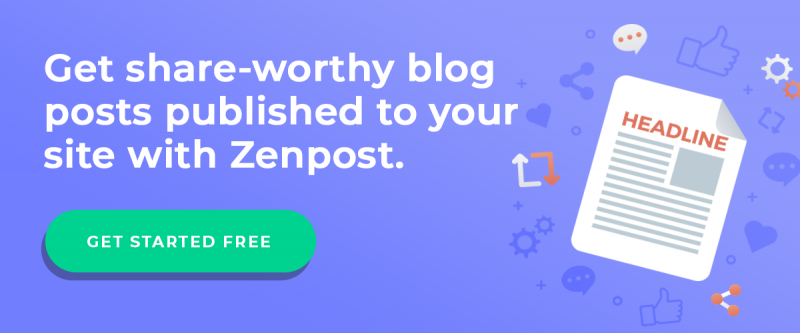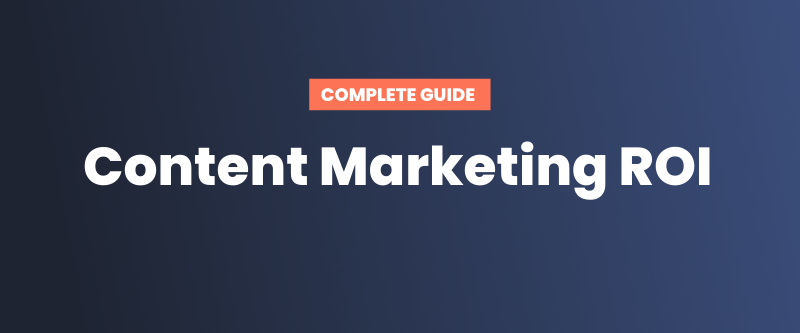According to a list developed by Backlinko, there are over 200 Google ranking factors that affect where your web pages land on Google search results pages, and 66 of them are directly related to linking.
That means one in three Google ranking factors (or 33%) are related to linking.
Bottom-line, linking matters to your website SEO.
But let’s take a closer look at those 66 Google ranking factors that are related to linking to see what they’re all about.
Of the 66 Google ranking factors related to links, 55 of them are specific to offsite linking and just 11 are related to onsite linking. That means four out of five link-related Google ranking factors (that’s more than 83%) have to do with offsite links.
In fact, more than one in four of the 200 Google ranking factors have to do with offsite links – that’s incoming links (backlinks) coming to your site from other websites.
Long story short, linking matters to your website SEO, particularly offsite links, which makes things challenging since you can’t always control those offsite links.

Onsite Linking SEO Tips
Based on the 200 Google ranking factors, there are 11 things that Google’s search algorithm and/or human Quality Raters look for when evaluating a page:
- Your page should link to authoritative websites.
- Your page should link to pages on other websites that are relevant to yours.
- Your page shouldn’t have too many broken links, which can be a sign of low quality or poorly managed content.
- Your page shouldn’t include too many Do-Follow outbound links on a page.
- Important pages on your site should have links to them from other pages within your site.
- Important pages on your site should have links to them from other pages on your site that Google already considers to be authoritative.
- Your page shouldn’t include too many affiliate links.
- Your page shouldn’t include too many outbound links.
- Your page shouldn’t include hidden affiliate links.
- You shouldn’t sell links.
- You shouldn’t publish spammy links and then quickly remove them.
How many Do-Follow links are too many? How many affiliate links or outbound links are too many?
No one knows the precise answers to these questions but Google, so your best course of action is to focus on publishing quality content. Make sure the main content of your page isn’t obscured by links, and always err on the side of caution.
Once you get on Google’s bad side, it can be extremely difficult (if not impossible) to redeem your site.

Offsite Linking SEO Tips
As I mentioned above, there are 55 Google ranking factors related to offsite linking, and some can be difficult for you to control. However, there are steps you can take and best practices you can follow to attract quality links from sites that can help your website and company blog rather than hurt it. Some of these steps and best practices for offsite linking SEO include:
Attract Links from a Variety of Websites
Google likes to see a wide variety of sites linking to yours, so its algorithm looks for things like:
- The total number of pages linking to yours (including pages from the same domain)
- The number of links from separate server IP addresses
- The number of linking root domains
Top Tip: The number of referring domains to a web page is considered to be one of the most important ranking factors.
Attract Links from High-Quality Websites
Links from web pages that Google already believes are authoritative are worth a lot more in its search ranking algorithm than links from low authority sites. Therefore, focus on getting natural backlinks from:
- Sites with older, established domains
- Pages and domains with authority
- Domains that are relevant to your niche
- Pages that are relevant to your page
- Long-form content
- Original, well-written content
Top Tip: Your website should have a natural link profile which shows Google you didn’t use any blackhat SEO techniques in an attempt to game the system and rank higher in search results.
Avoid Links that Google Doesn’t Like
To build a link profile that helps your site rather than hurts it and can withstand Google’s algorithm updates in the future, there are some links you should avoid. These bad links include:
- Links that you paid for and include the words “sponsored” or something similar around the link
- Excessive link exchanges with other sites
- Excessive backlinks coming from 301 redirects
- Backlinks from pages with an excessive number of links on them
- Forum links
- Unnatural spikes in the number of incoming links
- Links from unrelated websites
- Links from sources that Google knows for using blackhat SEO techniques
- Links from low-quality directories
- An unnatural number of links from sites with the same server IP
- Links from article directories and press releases
Top Tip: Avoid opportunities to get quick, easy links such as low-quality directory links, don’t pay for links, and limit guest posting to high-quality sites with relevant content and established domain authority.
Key Takeaways about Linking SEO
The key to building a website that is poised for long-term sustainable growth is to build links naturally. You can do that by publishing high quality content written by authoritative authors, and focusing on delivering the best user experience with relevant content. Publishing a business blog filled with useful posts is one of the best ways to do it.






